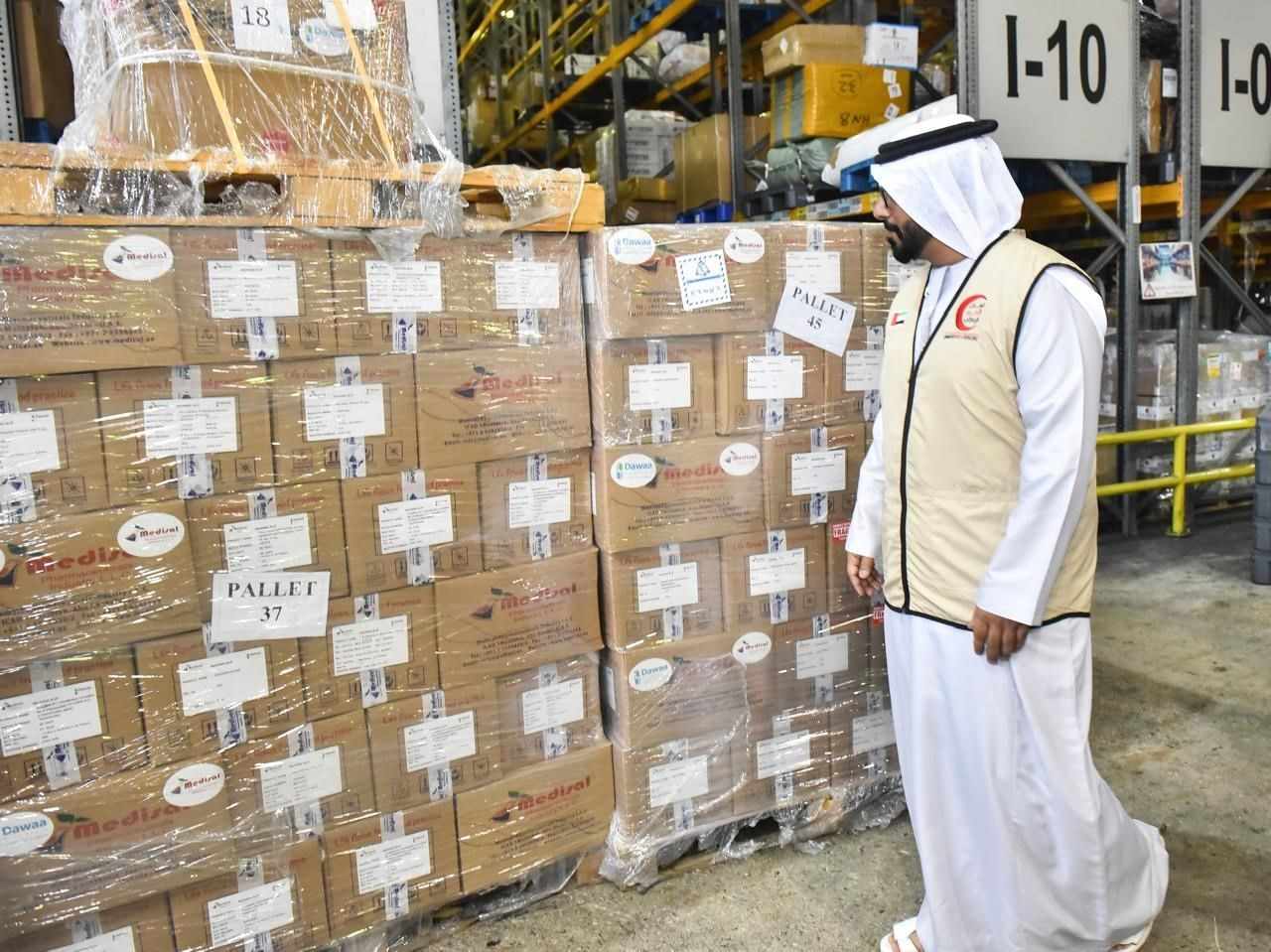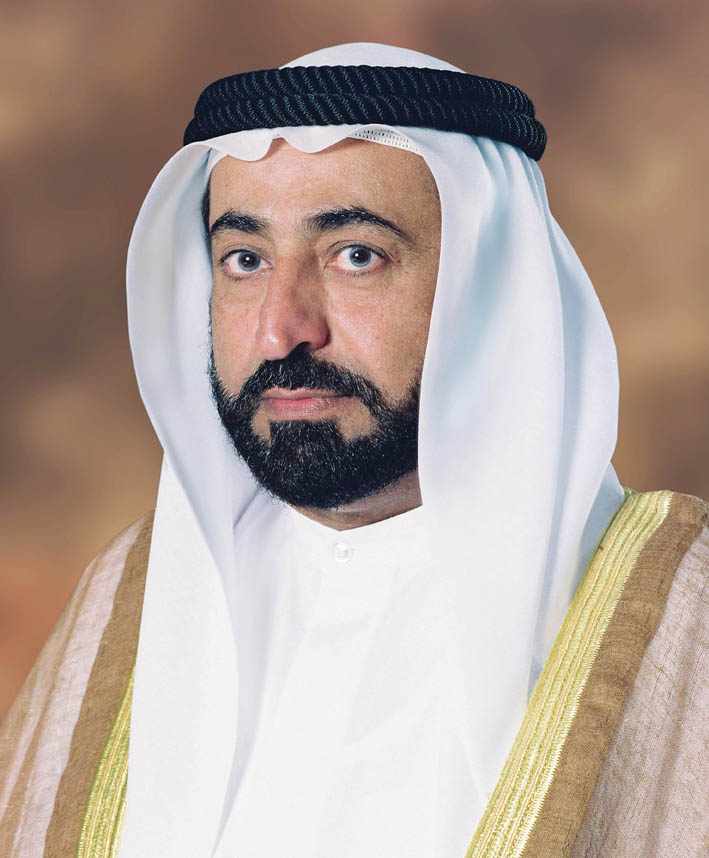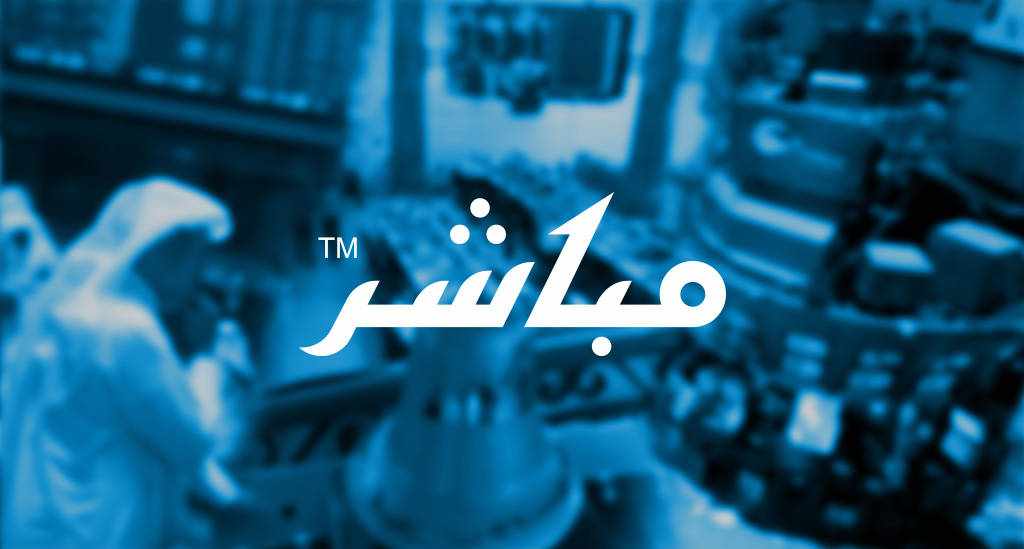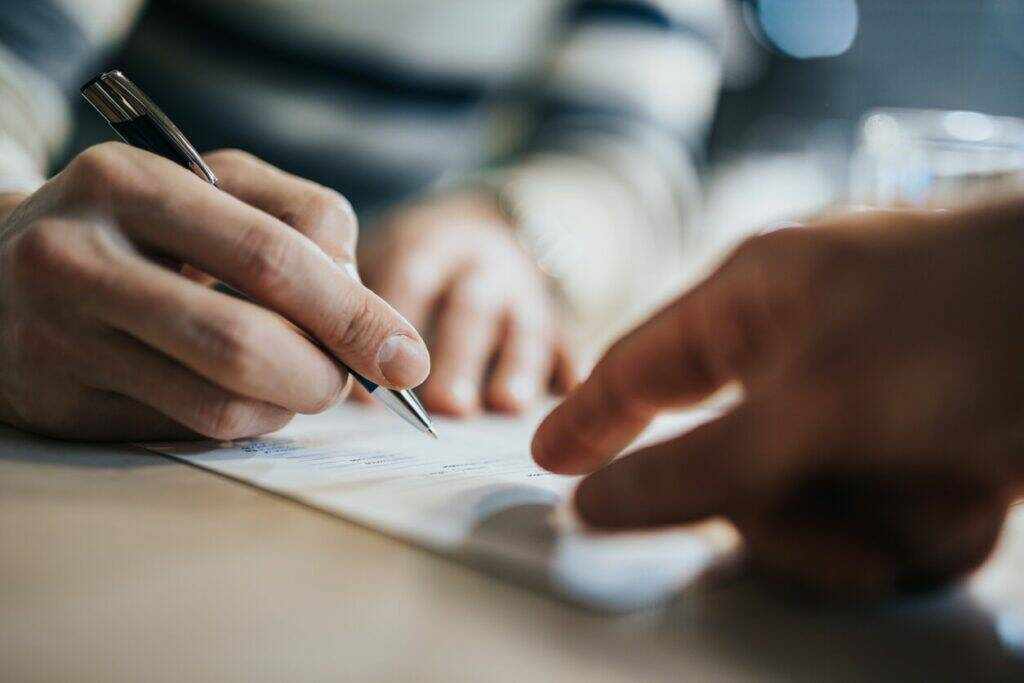Saudi Astronauts’ Rain and Health Space Experiments Pave Way for Human Colony on Mars
- Date: 27-May-2023
- Source: Gulf Insider
- Sector:Healthcare
- Country:Saudi Arabia
Saudi Astronauts’ Rain and Health Space Experiments Pave Way for Human Colony on Mars
Saudi astronauts Rayyanah Barnawi and Ali AlQarni have started their scientific mission AX-2 on board the International Space Station (ISS). They will conduct experiments which could lead to a future human colony on Mars or the moon.
Barnawi and Al Qarni will make the Kingdom of Saudi Arabia’s history in space and science research by undertaking 14 pioneering experiments in microgravity, out of which three will be dedicated to educational and motivational purposes with the participation of 12,000 Saudi students in 47 different locations across the Kingdom in real time via satellites.
This is an epic moment aimed at preparing future astronauts and engineers through quality education and training programs, and participation in scientific experiments, international research, and future space-related missions – all of which will contribute to servicing humanity and achieving the goals of Saudi Vision 2030.
The Saudi astronauts are conducting six experiments aboard the ISS. They aim to better understand the impacts of being in space, microgravity, and a high radiation environment on the human brain and nervous system. The research aims to evaluate the repercussions of space on human health and the safety of such space trips on the human brain.
It will utilise novel neuroscience tools, including measuring blood





















